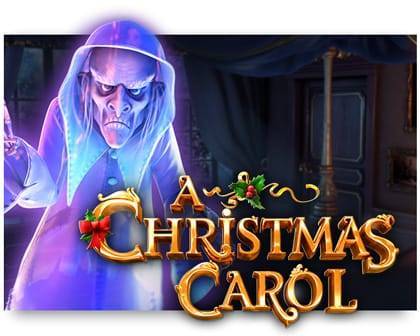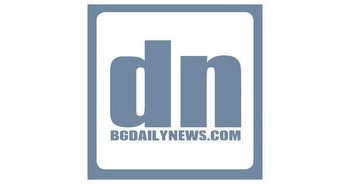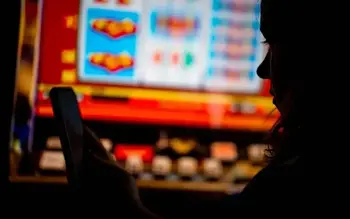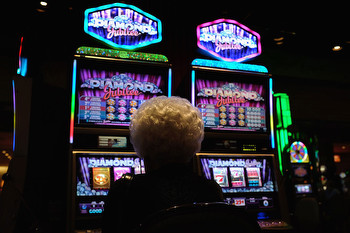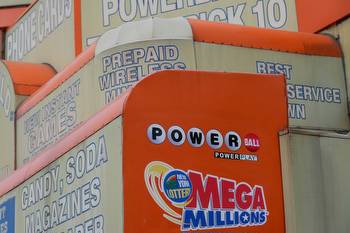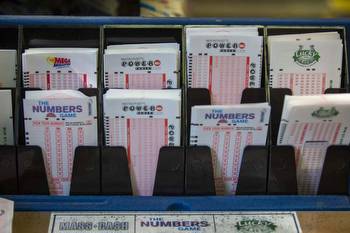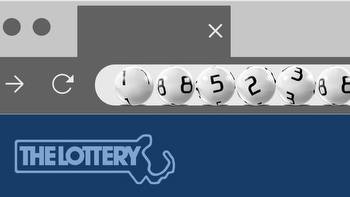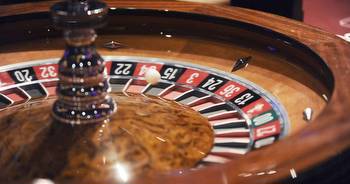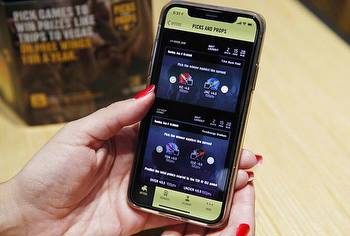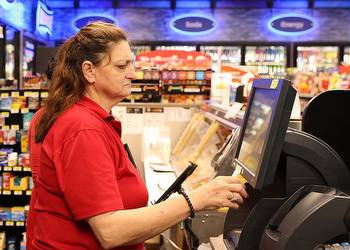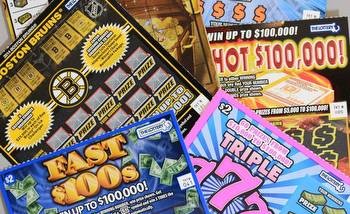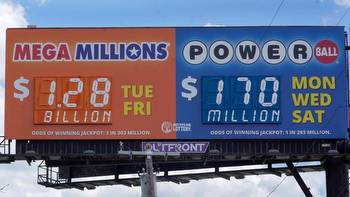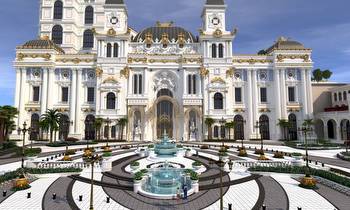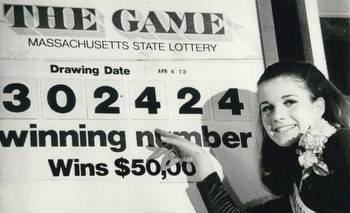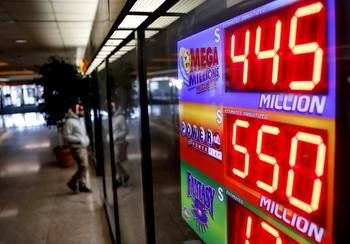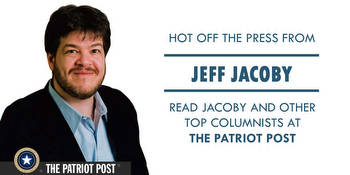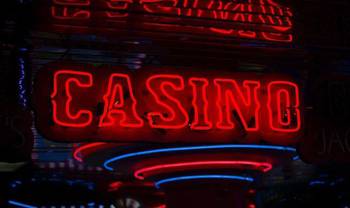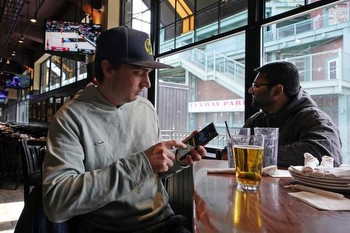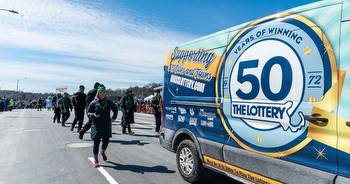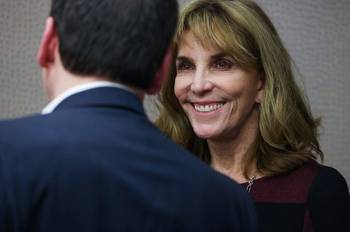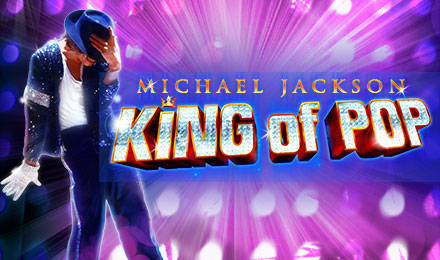Gaming regulators want bright lines on online lottery
BOSTON, Mass. (WWLP)–With the House and Senate again poised to settle whether to allow the Mass. Lottery to sell its products online , the Mass. Gaming Commission is watching closely and reviving an argument it first made in 2017.
After it was struck down in House-Senate negotiations last year, representatives voted again in late April to authorize online Lottery sales in their fiscal 2025 budget. The authorization was not included in the Senate Ways and Means Committee’s fiscal 2025 budget released this week and the chamber has not shown much interest in revisiting the topic since it narrowly approved online Lottery sales in a 2016 bill. Unless the measure is added to the Senate budget through an amendment, the issue is likely to be decided by a six-person conference committee that will be appointed in the coming weeks to craft a compromise budget.
Regulators at the Gaming Commission, which made its own shift into the online gambling world with legal sports betting last year, want to get out in front of the possibility that the Lottery does the same. The commission is starting to lobby the Legislature to clearly define roles if it’s going to allow another type of online gambling, hoping to avoid issues that have cropped up in other states by ensuring the Gaming Commission and Lottery would each know their lane and stay within it.
“Whatever the Legislature does in regards to iLottery and granting it or not granting it, I have no — no pun intended — I have no horse in this race,” Commissioner Brad Hill, who served more than 20 years in the House, said Thursday. “But I do want to make sure that the language that’s adopted, we know exactly what the Lottery will be doing, or their responsibilities, and what our responsibilities will be. Because, again, in other jurisdictions it hasn’t been clear and there have been some issues.”
Hill recommended, and other commissioners agreed, that the Gaming Commission staff should get in touch with staffers in the Legislature and at the Lottery to “hope and make sure that we have clarifying language in whatever is done in the Legislature to ensure that there is no gray areas.”
For years, Treasurer Deborah Goldberg and Lottery officials have argued that the Lottery needs the ability to sell its products online in order to compete with casinos, daily fantasy sports and legal sports betting, and still generate around $1 billion a year for local aid. The topic of online lottery sales has been around for more than a decade — former Treasurer Steve Grossman appointed a task force to look into it in early 2012, just months after Gov. Deval Patrick signed the expanded gaming law.
In 2017, then-Chairman Stephen Crosby sent a letter to key lawmakers on behalf of the Gaming Commission, arguing that proposed legislation related to online lotteries needed more specificity around exactly what the Lottery would be allowed to sell online.
“The MGC believes that the type of lottery products that will be offered online require a definition to avoid future conflict with online casino gaming or other types of online gaming, to the extent they are legalized in the Commonwealth. The lack of such a definition is problematic given the very broad definition of a ‘lottery’ in Massachusetts case law,” Crosby wrote ahead of a September 2017 hearing on three online lottery bills. “Courts have broadly defined the term ‘lottery’ to include any activities that contain ‘(1) the payment of a price for (2) the possibility of winning a prize, depending upon (3) hazard or chance.’ Utilizing this definition and failing to clarify the exact nature of the games that the Lottery Commission would be offering online would invariably lead to confusion.”
Crosby’s letter added, “The MGC believes that there are balanced approaches that would allow the lottery to expand while at the same time acknowledging the likelihood of casino and other gaming interests advancing into the online realm.”
The 2017 letter also proposed a definition of “online lottery games” that explicitly detailed what types of games would be part of the Lottery’s sphere of influence.
The plan embraced by the House last month calls for online Lottery sales to serve as a revenue source for an expensive new program the state has recently taken on, the Commonwealth Cares for Children grants to early education and care providers. The House padded its $475 million budget investment in C3 grants with $100 million from planned online Lottery sales.
Tying new revenues to popular grants appears to be a tactic to build support, but online Lottery sales would not be authorized under the budget that the Senate Ways and Means Committee released this week. Senate budget chief Michael Rodrigues said the Senate has heard opposition to the idea from retailers and doesn’t think the sales would help in fiscal year 2025 anyways.
“First of all, even if we did authorize it, the treasurer testified at a Ways and Means hearing that it would be 14 months from the time of authorization to the time that it will actually generate any revenue, so there’d be no revenue generated in this budget, even if we did authorize online Lottery,” Rodrigues told reporters this week. “And we’ve heard a lot of concerns from brick and mortar retailers, convenience stores and package stores that rely on the Lottery for their business that it would hurt their business.”
The Senate has previously supported the idea of online Lottery products — the branch voted 22-17 in 2016 to add online Lottery authorization to that year’s economic development bill. In that case, the House did not go along and the provision did not survive conference committee talks.







